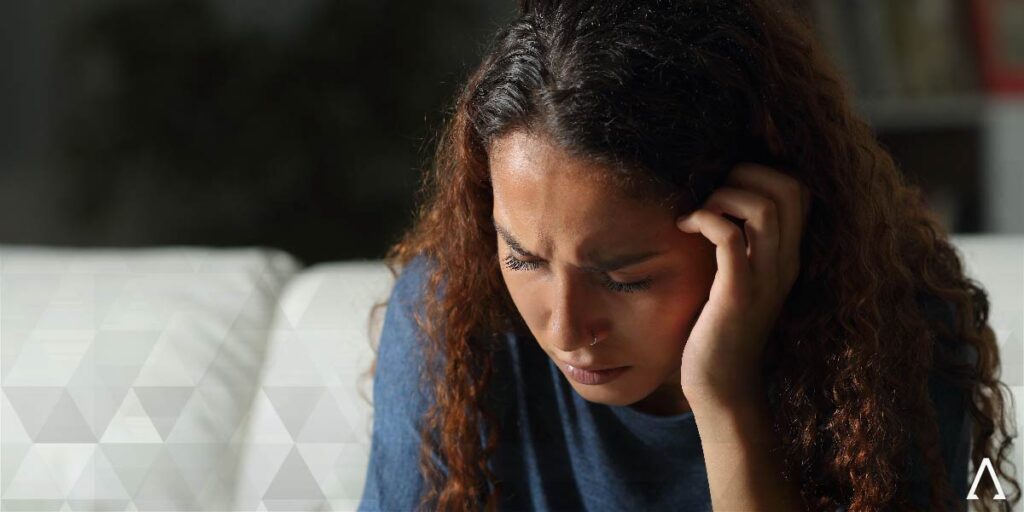Today is International Survivors of Suicide Loss Day. Losing someone to suicide can take a huge toll on one’s own mental health. Any type of grief can feel unbearable—and there is still a stigma around suicide that may complicate a person’s mourning process.
According to a study in the journal Perspectives in Psychiatric Care, “[grief] is further complicated by the societal perception that the act of suicide is a failure by the victim and the family to deal with some emotional issue, and ultimately society affixes blame for the loss on the survivors. This individual or societal stigma introduces a unique stress on the bereavement process.”
Due to these societal messages, people may blame themselves. They might feel like they missed signs. They could fall into obsessive thinking, where they replay what they could have done over and over. The profound loss is then compounded by feelings of personal failure and compulsive rumination.
At the same time, the suicide of a loved one often comes as a shock. Mourning an unexpected death is a particular form of grief with implications for mental health. One study found that after the unexpected death of a loved one, there is increased incidence “across the life course for major depressive episodes, panic disorder, and post-traumatic stress disorder.”
International Survivors of Suicide Loss day is an opportunity for those who have lost someone to suicide to share their stories and honor their loved one’s memory. It is an important way to break the stigma surrounding suicide.
According to the World Health Organization, nearly 800,000 people die from suicide each year. For each person who dies from suicide, there are numerous people who cared about them who are in mourning.
Each of these people—the ones who died due to suicide and those grieving the death of someone close—deserves to be honored. People who lost someone should be able to speak openly and honestly, which will give them more opportunities for healing.
Secrecy and stigma surrounding mental health disorders has been shown to correlate with suicidal ideation, so it’s important that we break the cycle of shame. Anyone deserves the chance to grieve their loved one. International Survivors of Suicide Loss Day empowers people to do so publicly—to share their sorrow as well as their hope.
If you are struggling with your mental health or a co-occurring addiction, there is help and hope. TruHealing Centers offers high-quality treatment for substance use and mental health disorders in facilities across the country. At our treatment centers, you will receive support and care as you work towards long-term recovery. To learn more, call an admissions specialist at 410-593-0005.








